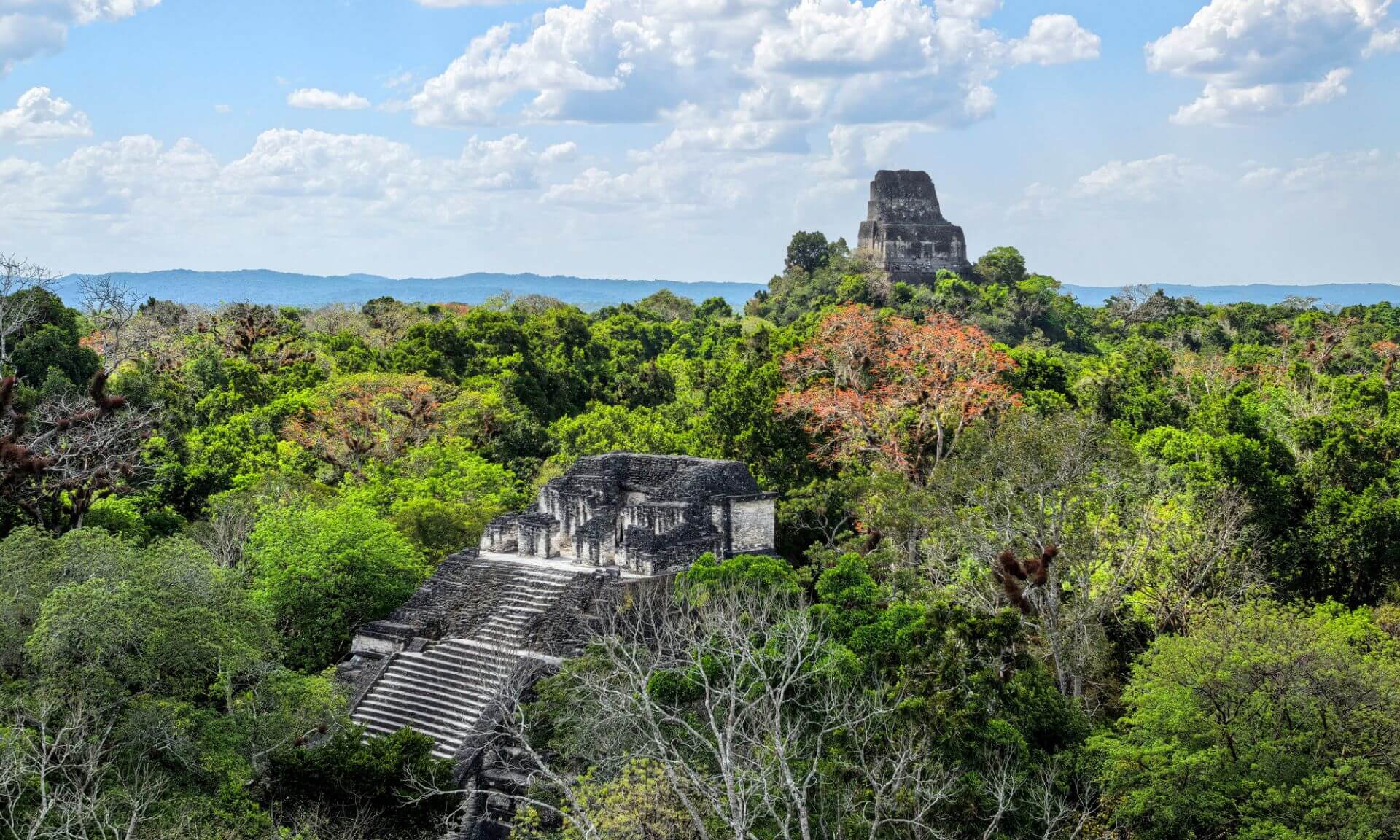Imperialism: from antiquity to now

Samir Saul, a historian of international relations and professor in Université de Montréal’s Department of History, has long had been interested in imperialism. He does not believe it appeared at a specific point in history but rather that it is a form of domination that dates back to the birth of states and has persisted to this day, becoming increasingly sophisticated in the process.
In L’Impérialisme, passé et présent,1 Saul sheds new light on the changing face of imperialism through the ages, from primitive ancestral practices to its more covert contemporary forms in the guise of capitalism.
We asked Saul to summarize the key points of his analysis.
Where did the idea to write this book come from, and what did you hope to accomplish?
My research has centred on imperialism ever since my doctoral studies. At that time, imperialism was widely discussed in various academic disciplines, in public debate, in private conversation, but then it dropped out of sight in the 1980s. This was unfortunate because it is a very useful concept for understanding the current geopolitical situation, human history and processes of exploitation.
Since then, I have been trying to find the right time to bring together all my ideas on imperialism. After years of mulling over these ideas and looking at the phenomenon from all angles, I finally took the plunge.
Imperialism is a chameleon. There are multiple interpretations but none provides an overarching framework applicable to all historical periods. I grounded my research in history in order to identify the common thread that underlies all imperial systems and avoid the pitfalls of self-contained theories.
Looking back over history, I found that imperialism has endured and become more sophisticated while retaining a basic characteristic: it is a system of international transfer of wealth by extra-economic means—in short, essentially by force. The economic dimension is a fundamental feature of imperialism, which uses military force, blackmail, legal pressure and media pressure to extract treasure from other societies and accumulate wealth it could not otherwise obtain. Imperialism always involves an element of domination or relationships maintained under duress, which allow the strong to appropriate wealth extorted from the weak.
Nor is this process confined to any one particular historical period—we see examples of it throughout history, up to the present day.
What forms has imperialism taken throughout history?
In ancient and premodern times, imperialism was unabashed and employed primitive methods. Plunder, pillage and extortion were part and parcel of relations between human groups at the time.
This was replaced by a system in which the transfer of wealth was institutionalized. For example, mercantilism, an overt system designed to enrich imperialist states at the expense of colonized peoples, was practiced by European nations from the 16th to 18th centuries. During the 19th century, it evolved into free trade under the aegis of Great Britain, the pre-eminent naval and industrial power of the day. Britain forced countries to accept its terms, using fine-sounding concepts such as free trade and “comparative advantages” to justify its wealth extraction.
The late 19th century saw the rise of neo-mercantilism, with a number of imperial powers building empires and jockeying to expand their spheres of influence at the expense of the others. This led to the two great world wars of the 20th century. After World War II, nearly all of these rival powers were pushed aside and replaced by a single imperial state with global ascendancy—the United States. Under this new imperialism, the independence of other countries was more mirage than reality.
After 1945, the main obstacle to American imperialism was the Soviet Union. When the U.S.S.R. was dismantled in 1990, the United States had new opportunities to assert its control, this time in the form of neoliberal globalization. This is where we stand today, with the United States attempting to establish its hegemony on a global scale but facing new obstacles. Many states are refusing to accept the subordinate status to which they are relegated by U.S.-led globalization. Since the 2000s, China and Russia have been challenging this hegemony, which is the source of the present conflict between the United States and these two powers. Today, the confrontation is being played out militarily with Ukraine as the battlefield; tomorrow it may be Taiwan.
Are capitalism’s days numbered and what will the next empire look like?
Capitalism has been declared dead many times but it has always risen from the ashes and reinvented itself through political upheavals, wars and reforms. For example, its life was prolonged by Keynesian economics, which produced a period of great economic prosperity from 1945 to 1975 thanks to interventionist public policies. Capitalism can be continually rearranged. It remains to be seen whether societies will always be willing to tolerate the costs associated with its periodic cures.
And what is the alternative to capitalism? People thought it was socialism, but its heroic attempt to build a counter-system was fraught with flaws and mistakes that eventually led to its downfall. Only time will tell whether socialism can rise again. History shows that a system disappears when there’s another ready to replace it. This is not the case right now.
You also talk about the power of the people to resist imperialism. Could you elaborate on this?
In theory, and this is borne out by history, the populace opposes imperialism. But in order to have any influence, it has to be organized. In recent decades, the power of the working class has been eroded by the weakening of the Left and of unions. The people had a greater voice 40 or 50 years ago; now they are subjected to intense conditioning that paralyzes them. Left-wing governing parties have become as war-like as the Right, sometimes more so when they believe themselves invested with a moral mission. So the social strata that could challenge imperialism have been neutralized. Imperialist forces are taking advantage of the situation to present themselves as progressives. They are weaponizing noble concepts such as democracy, human rights and freedom, which are in fact entirely antithetical to imperialism. It’s sheer demagogy. Under this guise, foreign interventions, wars and destabilization operations are being carried out against recalcitrant or insufficiently docile countries.
Industrialization has shifted to the global South; 80 per cent of world production is now located in the South. If workers in these countries can organize as their predecessors in the North did, they may one day be able to confront imperialism. But to do so, they must become conscious of what they are and understand their own power.
We are presently in a period of historical transition in which the South is rising as a continuation and successor of the North. The industrialization of Europe, the United States and Japan gave birth to a large working class that organized politically and in trade unions. We can imagine similar economic, political and labour processes unfolding in the South.
I wrote this book to show what imperialist domination is—both the face it shows the world and its hidden face. I hope I can help counter the confusion and loss of bearings caused by the ideological barrage. Change starts with knowledge, and academics are also citizens.
1. S. Saul, L’Impérialisme, passé et présent. Un essai, Paris, Les Indes savantes, Collection 5 Points, February 2023, 288 pages.



